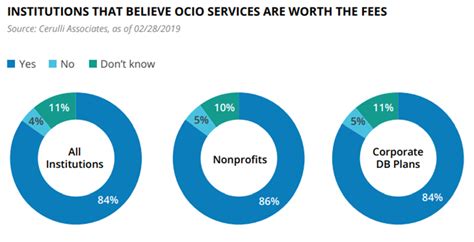The Complete Guide to Ocio Finance: Understanding, Planning, and Securing Your Financial Future
What is Ocio Finance?
Ocio finance, often referred to as retirement finance, encompasses all the financial strategies, planning, and management necessary to ensure a comfortable and financially secure retirement. It's more than just saving; it's a holistic approach that considers various factors to optimize your financial well-being throughout your golden years. This guide delves deep into the essential components of ocio finance, providing a roadmap for your financial future.
Key Components of Effective Ocio Finance Planning:
1. Assessing Your Current Financial Situation:
Before embarking on any financial planning, it's crucial to understand your current financial health. This includes:
- Calculating your net worth: Determine the difference between your assets (savings, investments, property) and liabilities (debts, loans).
- Analyzing your income and expenses: Track your monthly income and expenditures to identify areas for potential savings.
- Identifying your financial goals: What do you envision for your retirement? What lifestyle do you want to maintain? Defining your goals provides clarity and direction.
- Determining your risk tolerance: Are you a conservative, moderate, or aggressive investor? Your risk tolerance influences your investment strategy.
2. Setting Realistic Retirement Goals:
Setting realistic retirement goals is paramount to successful ocio finance. Consider:
- Retirement age: When do you plan to retire?
- Desired income: How much income do you need to maintain your desired lifestyle during retirement?
- Expected lifespan: Factor in life expectancy to ensure your savings last throughout your retirement.
- Inflation: Account for inflation, as the cost of living will likely increase over time.
3. Developing a Comprehensive Retirement Plan:
With a clear understanding of your financial situation and goals, you can develop a personalized retirement plan. This involves:
- Saving and Investing: Consistently contribute to retirement accounts like 401(k)s, IRAs, and pension plans. Diversify your investments to mitigate risk.
- Debt Management: Pay down high-interest debt to free up more funds for savings and investments.
- Estate Planning: Create a will, establish trusts, and plan for the distribution of your assets after your passing. This ensures your wishes are carried out and protects your loved ones.
- Tax Planning: Optimize your tax strategy to minimize your tax burden and maximize your retirement savings.
- Health Insurance: Plan for health insurance costs during retirement, as medical expenses can significantly impact your finances.
4. Regularly Reviewing and Adjusting Your Plan:
Ocio finance is not a one-time event; it's an ongoing process. Regularly review and adjust your plan to account for:
- Life changes: Marriage, divorce, birth of a child, or job changes can all necessitate adjustments to your plan.
- Market fluctuations: Monitor your investments and make adjustments as needed to maintain your desired risk level.
- Unforeseen events: Prepare for unexpected expenses, such as medical emergencies or home repairs.
Strategies for Securing Your Financial Future:
- Start saving early: The power of compounding interest allows your savings to grow exponentially over time.
- Maximize employer matching contributions: If your employer offers a matching contribution to your retirement plan, take full advantage of it.
- Consider long-term care insurance: Long-term care can be very expensive, so it's wise to consider this insurance to protect your savings.
- Seek professional advice: Consult with a financial advisor to create a personalized retirement plan tailored to your individual needs and goals.
By understanding and implementing these strategies, you can effectively manage your ocio finance and secure a comfortable and fulfilling retirement. Remember, planning early and consistently making contributions are key to achieving your financial goals. Start today and build a brighter tomorrow!
